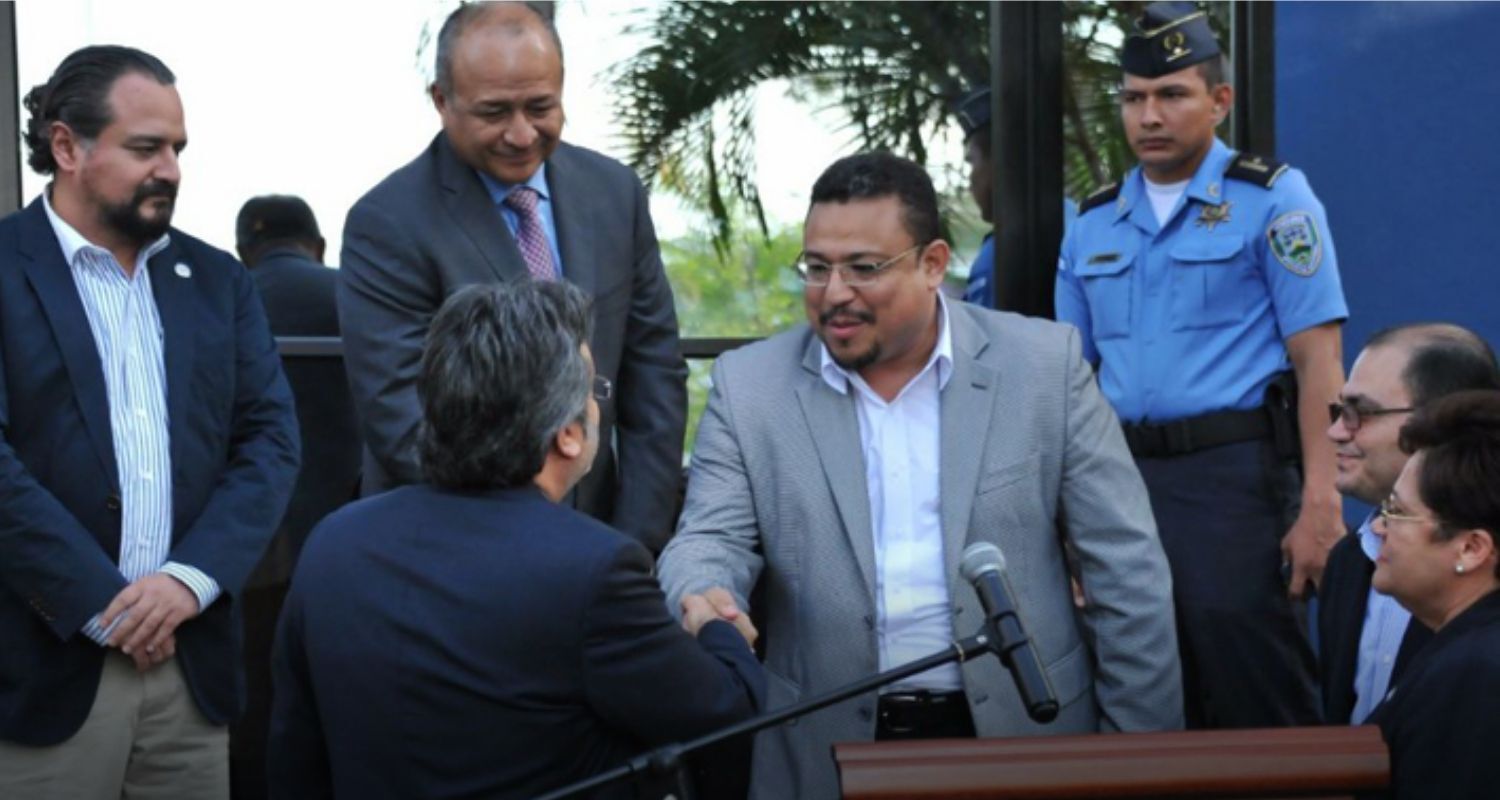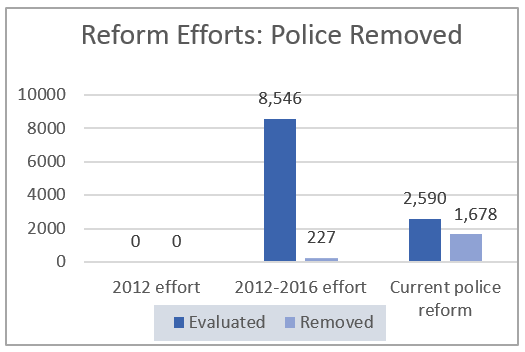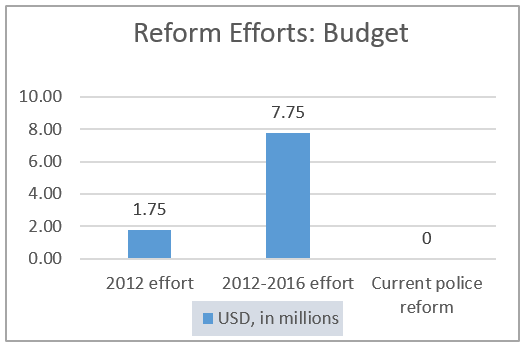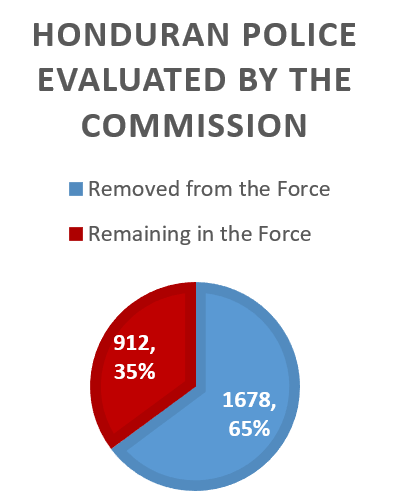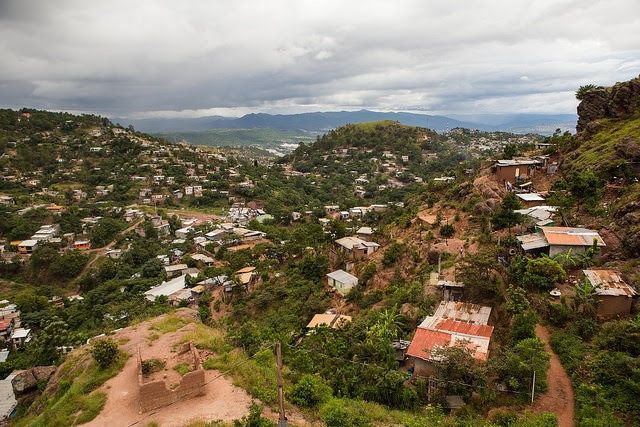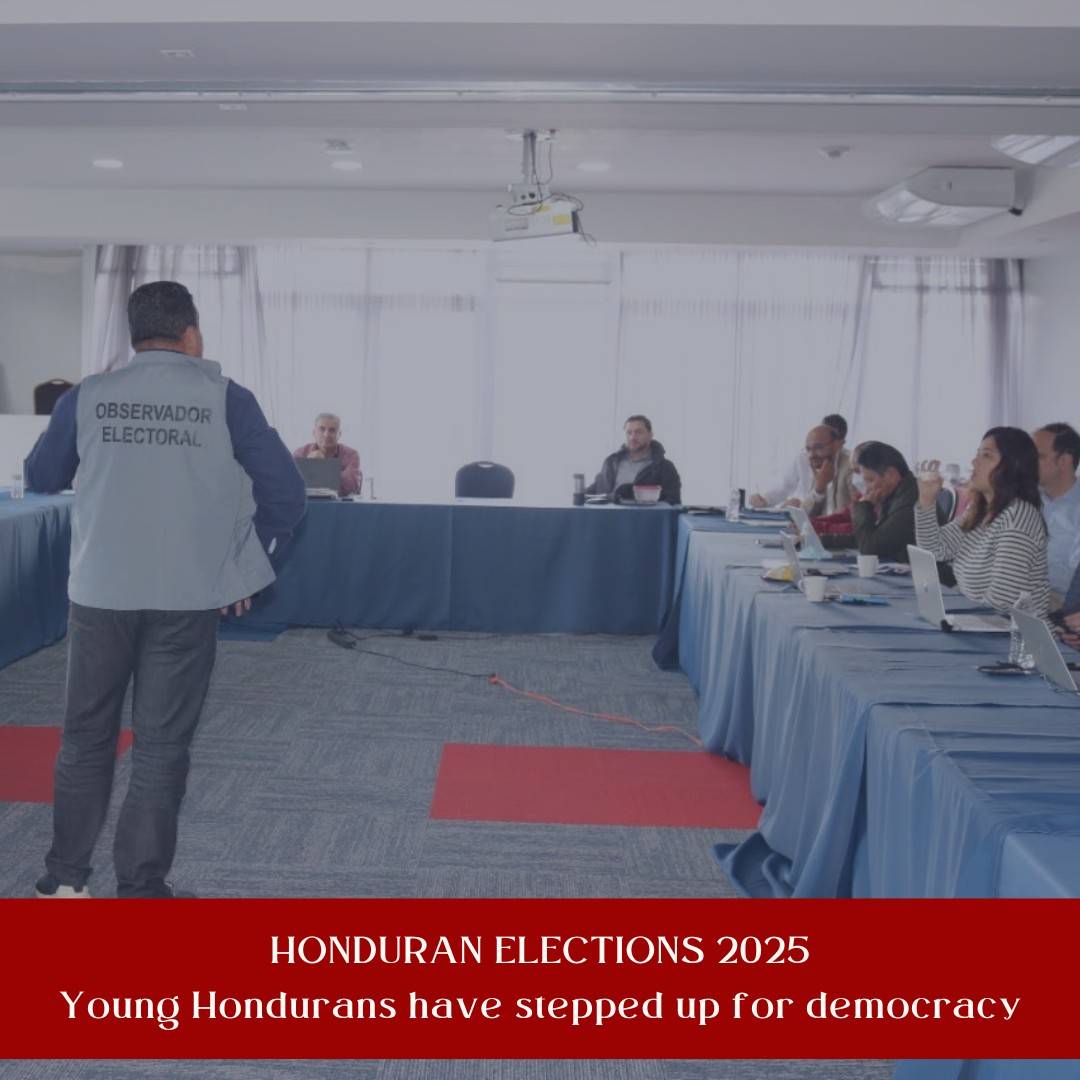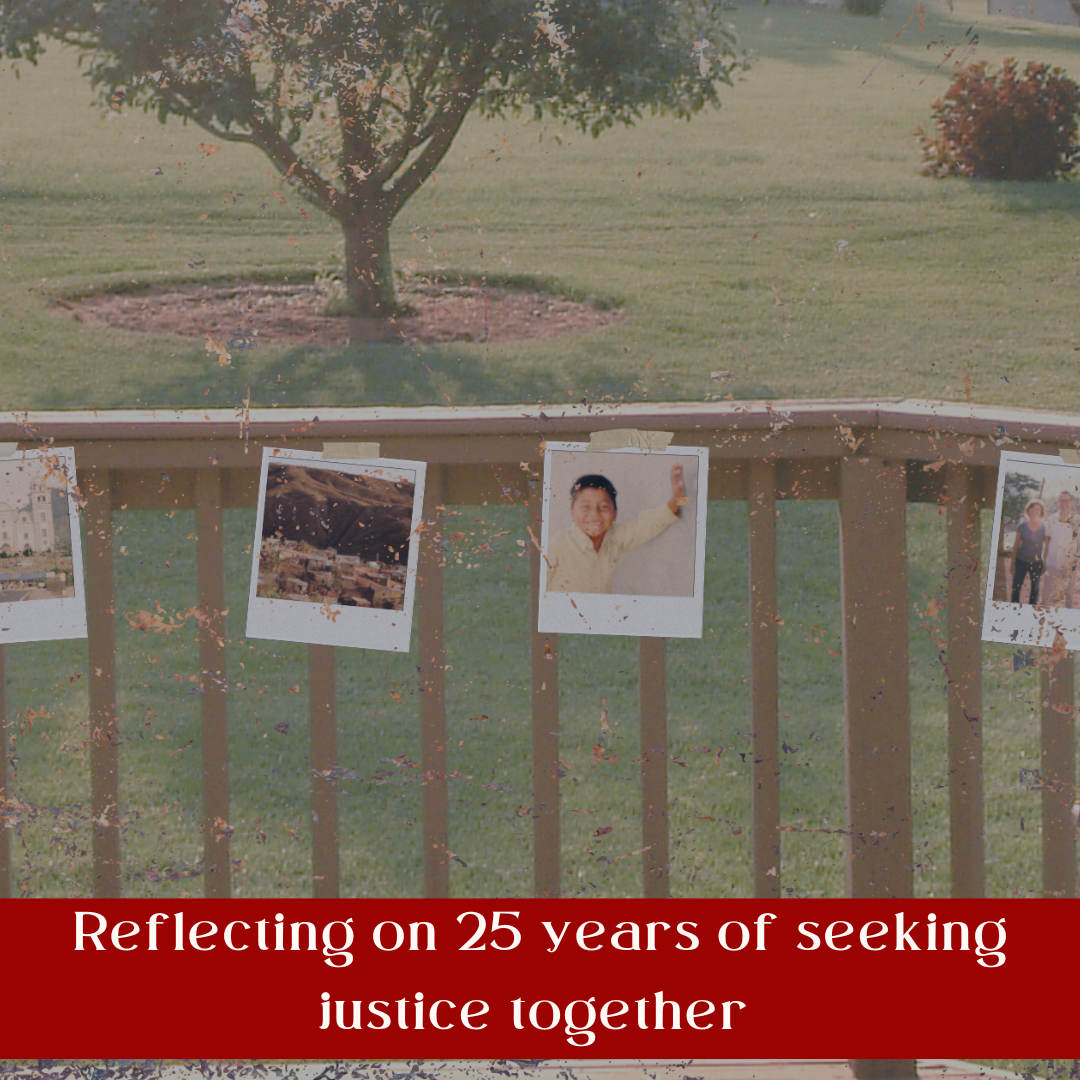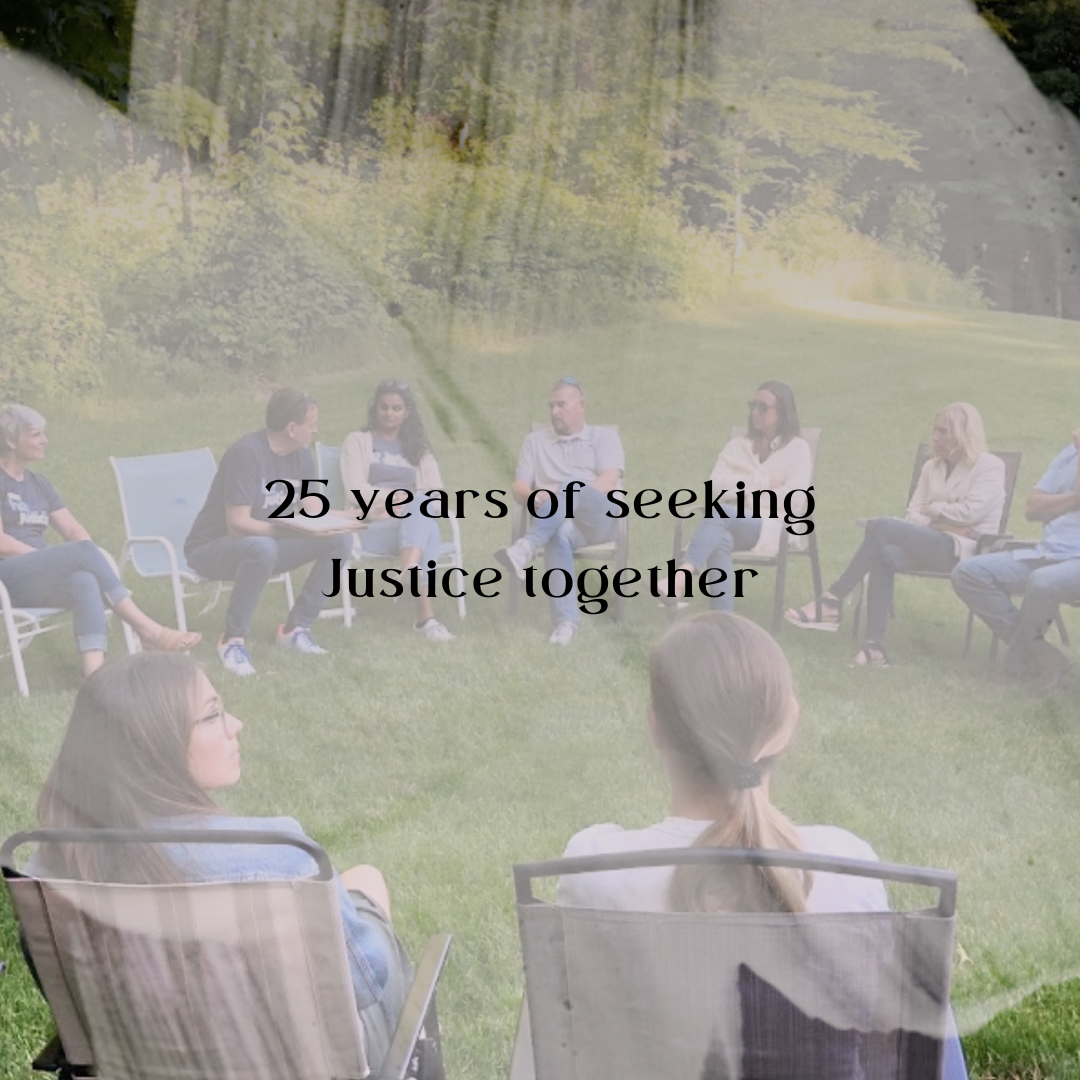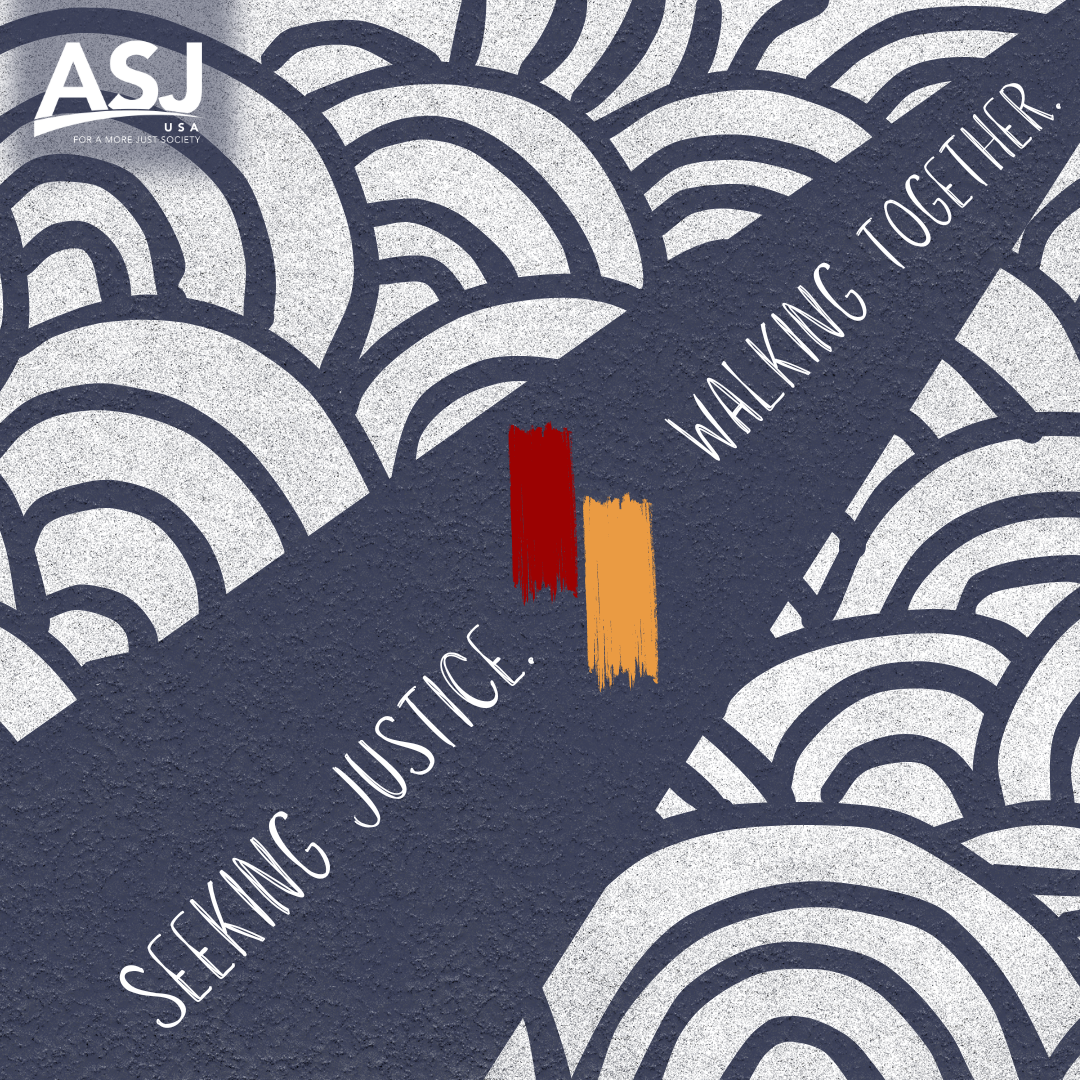With no additional budget from the state, the current Police Reform Commission has been more effective than the previous sixteen years combined.
As of December 14th, 2016, they have evaluated over 2,500 members of the force, including every high-ranking official, and fired 1,678 for corruption or failure to meet institutional standards. Of those fired, 364 were high-ranking officials, including six of the nine police generals.
The firing of corrupt police is just the beginning of the Commission’s work. In addition to evaluating the remaining 9,000 entry-level officers, the Commission members will begin to shift their focus towards creating a new and more transparent police force.




